5 GPTs for Legal Document Interpretation Powered by AI for Free of 2025
AI GPTs for Legal Document Interpretation are advanced tools leveraging Generative Pre-trained Transformers (GPTs) technology. They're engineered to interpret and analyze legal documents, providing tailored solutions for various legal tasks. These tools have gained relevance for their ability to comprehend complex legal language and context, thus aiding in the efficient processing and understanding of legal texts.
Top 5 GPTs for Legal Document Interpretation are: JUDGE GPT,IndiaGPT,MetaGPT,Legal Insight Assistant,PDF Interpreter
JUDGE GPT
Your AI-powered Legal Assistant
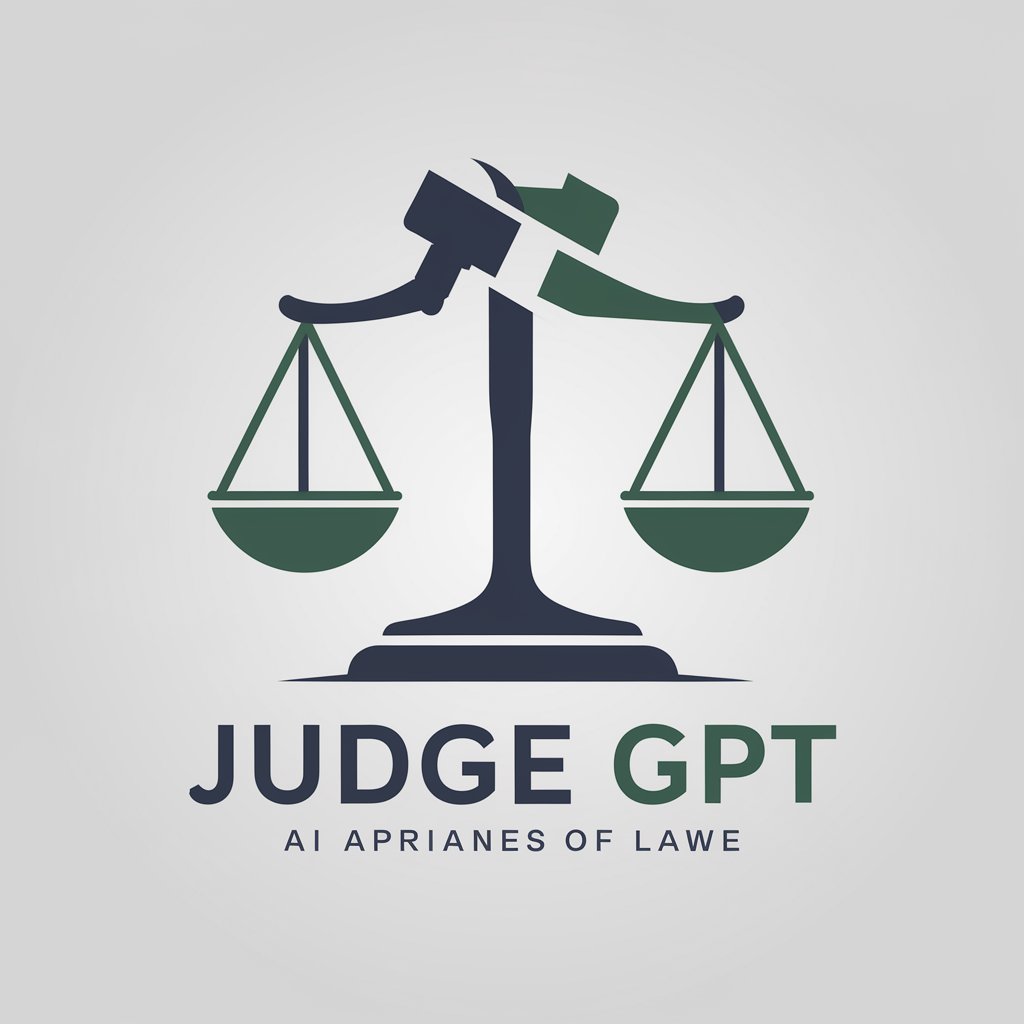
IndiaGPT
Empowering Legal Understanding with AI
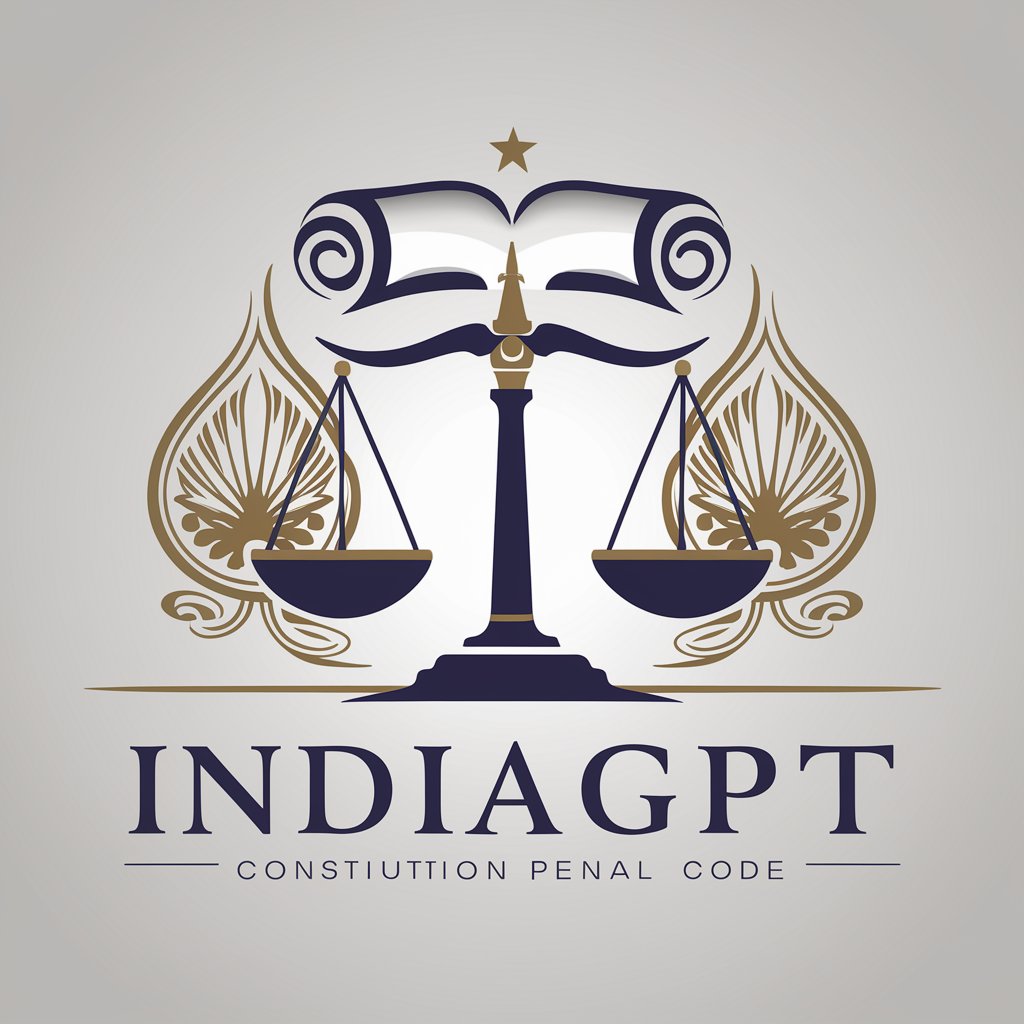
MetaGPT
Crafting Expert AI Prompts, Powering Specialized Solutions
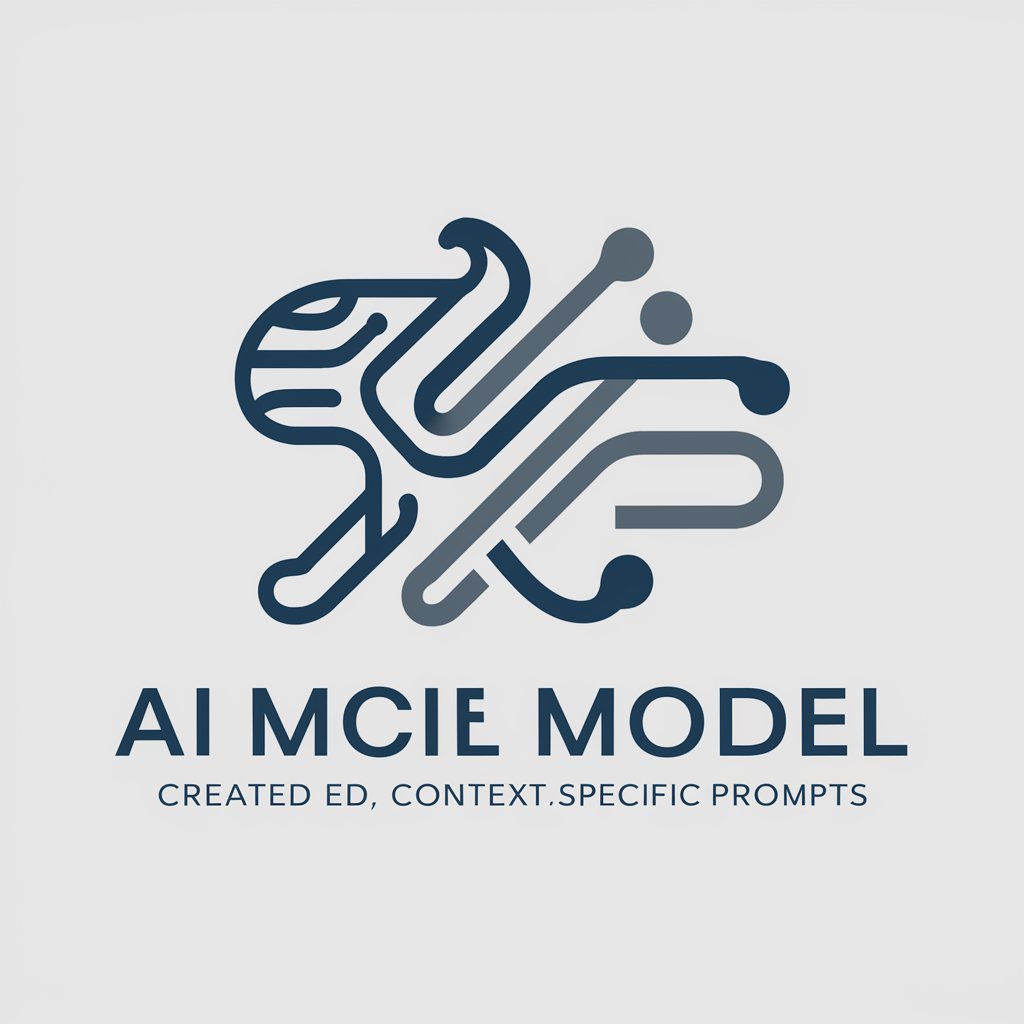
Legal Insight Assistant
Demystifying European Law with AI
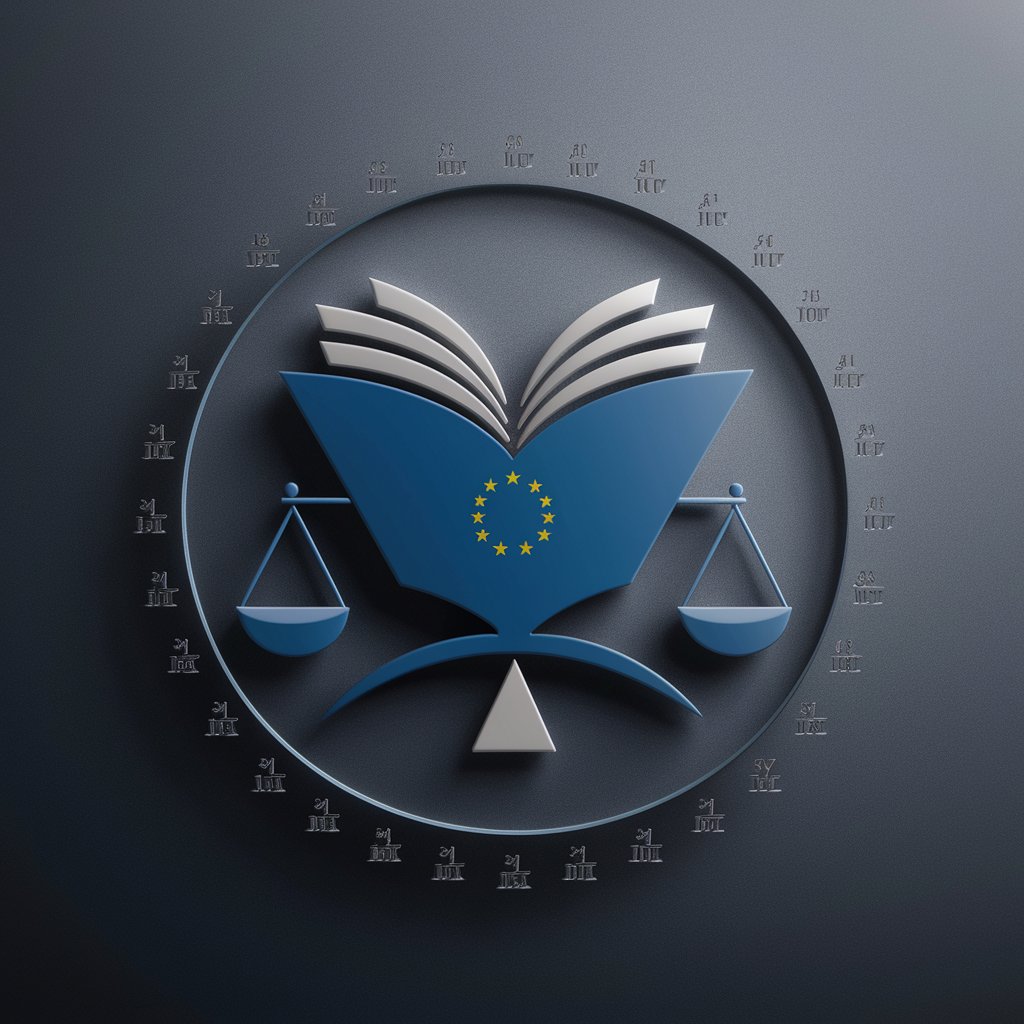
PDF Interpreter
Simplifying Complexity with AI-Powered Precision
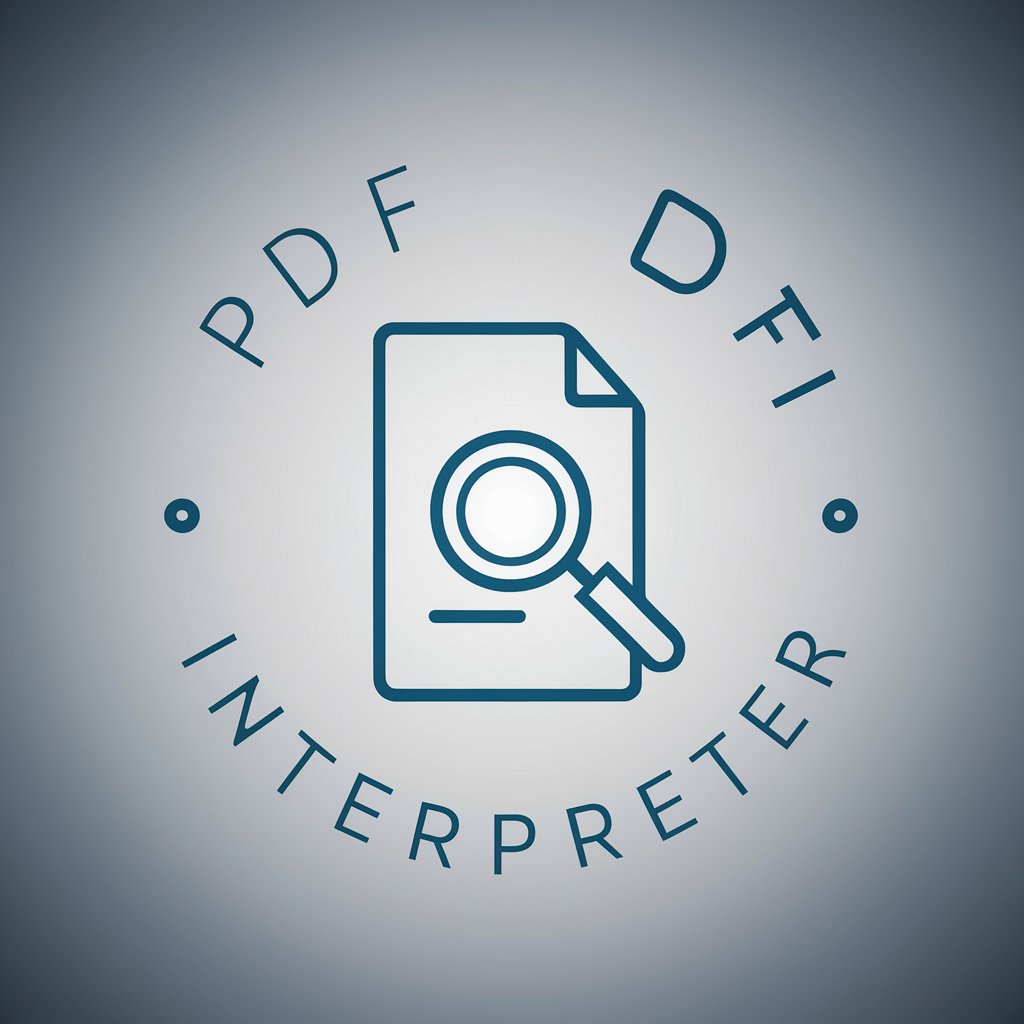
Key Attributes of Legal Document AI
These tools excel in adaptability, capable of handling tasks from simple document analysis to complex legal predictions. Special features include advanced language understanding, technical support, web search capabilities, image creation, and data analysis. Their ability to learn from legal texts and interpret context-specific jargon sets them apart.
Ideal Users of Legal AI Tools
AI GPTs for Legal Document Interpretation are ideal for a diverse audience, including legal novices, developers, and professionals. They are user-friendly for those without coding skills, offering intuitive interfaces, while also providing advanced customization options for tech-savvy users.
Try Our other AI GPTs tools for Free
Small Claims Court Preparation
Explore AI GPTs for Small Claims Court Preparation: an innovative tool revolutionizing legal document drafting, case preparation, and providing easy-to-understand legal guidance for everyone.
Environmental Policy Analysis
Explore the cutting-edge AI GPTs for Environmental Policy Analysis: adaptable, user-friendly tools for insightful policy interpretation and data-driven decision-making.
Climate Education
Explore AI-powered Climate Education: Harnessing advanced AI GPTs to demystify climate science, making it accessible and engaging for all audiences. Dive into interactive, data-driven learning today.
Sustainability Consulting
Revolutionize your approach to sustainability with AI GPTs - intelligent, versatile tools designed for impactful environmental consulting.
Climate Impact Research
Explore AI GPTs for Climate Impact Research: cutting-edge tools transforming climate data into actionable insights, suitable for professionals and enthusiasts alike.
Ecosystem Management
Discover how AI GPTs revolutionize Ecosystem Management with tailored solutions, enhancing sustainability and decision-making through advanced data analysis and predictive modeling.
Expanding Horizons with Legal AI
GPTs offer a revolution in the legal sector, providing customized solutions and user-friendly interfaces. Their integration with existing systems enhances efficiency and streamlines workflows, opening up new possibilities in legal document management and analysis.
Frequently Asked Questions
What exactly does an AI GPT do in legal document interpretation?
It analyzes and interprets legal documents, extracting key information, predicting outcomes, and providing insights based on the context and language of the document.
Is coding knowledge necessary to use these tools?
No, these tools are designed to be user-friendly for non-coders, though they also offer advanced features for those with programming skills.
Can these AI tools adapt to different legal systems?
Yes, they are designed to learn and adapt to various legal terminologies and systems.
Are there customization options available?
Yes, these tools offer a range of customization options to cater to specific legal interpretation needs.
How do these tools handle confidential legal documents?
They are equipped with security features to ensure confidentiality and compliance with legal data handling standards.
Can AI GPTs predict legal outcomes?
Yes, they can analyze past legal cases and outcomes to predict potential results in similar scenarios.
Do these tools integrate with existing legal software?
Many AI GPTs are designed to be compatible with existing legal software, enhancing their functionality.
How accurate is the legal document interpretation by AI?
While highly accurate, the interpretation should still be reviewed by legal professionals, as AI can't fully grasp every nuance.